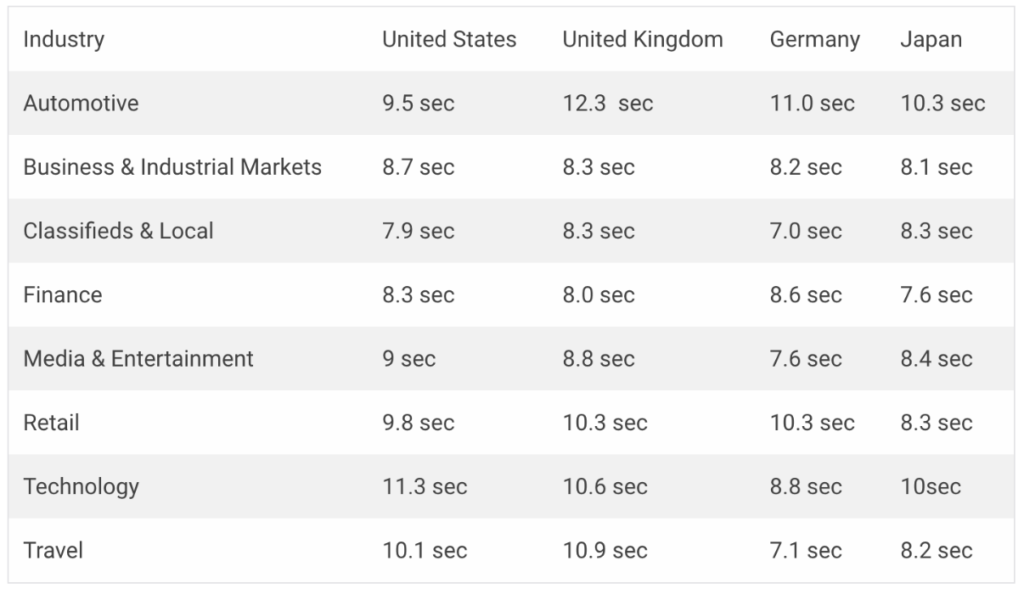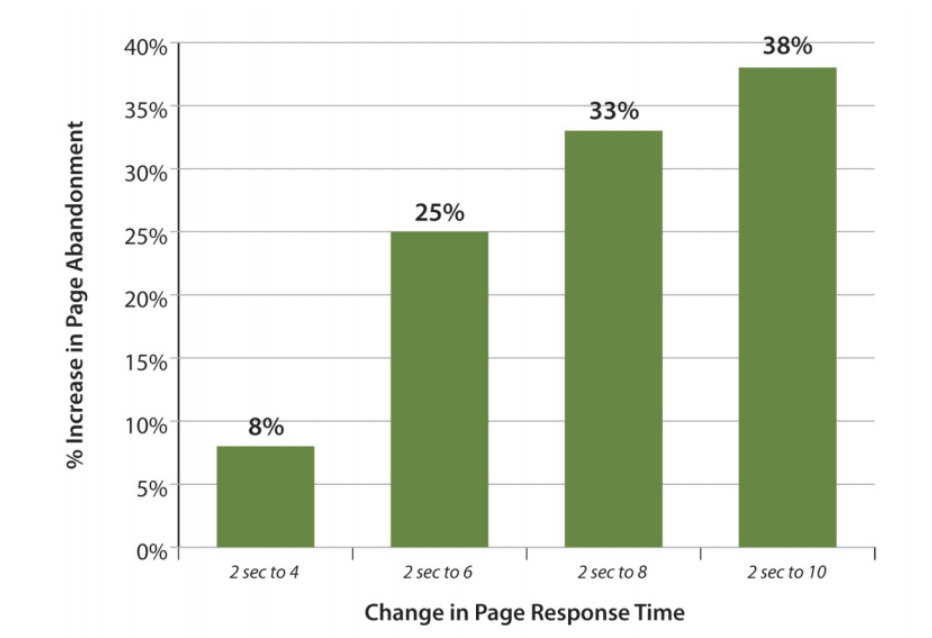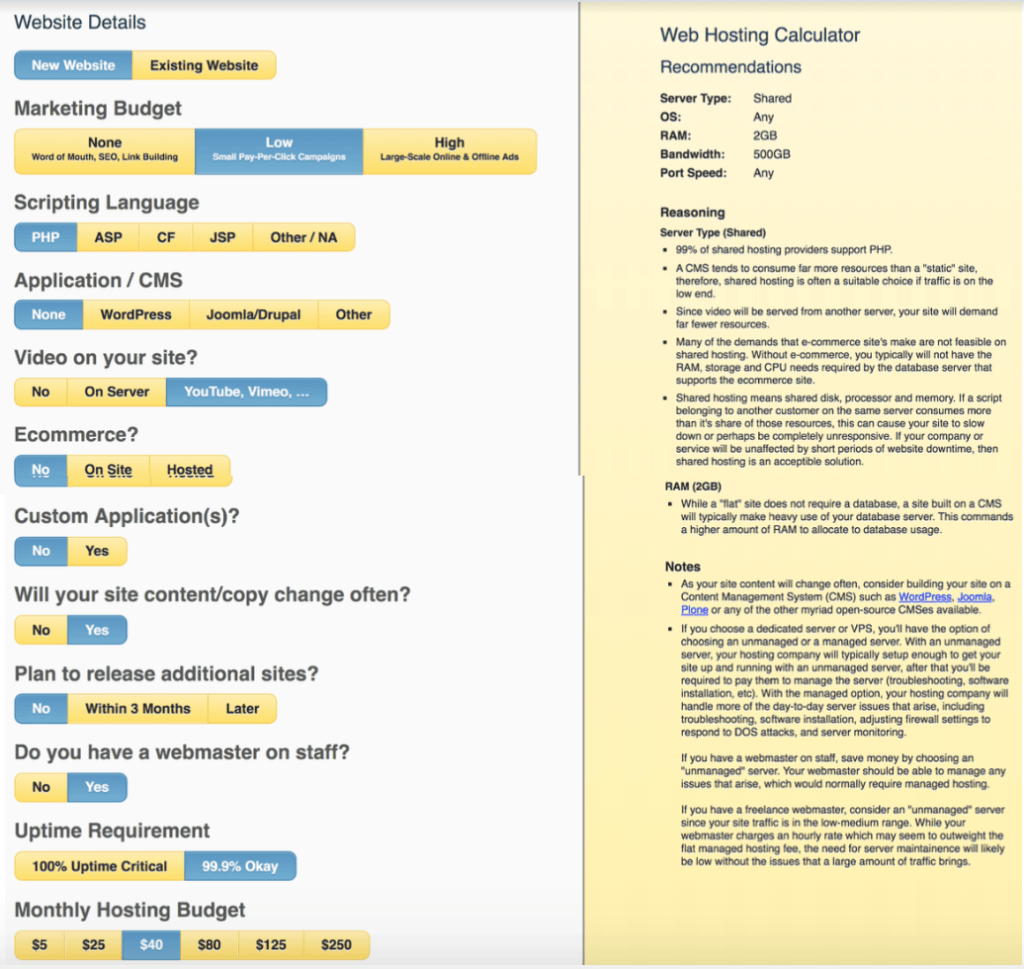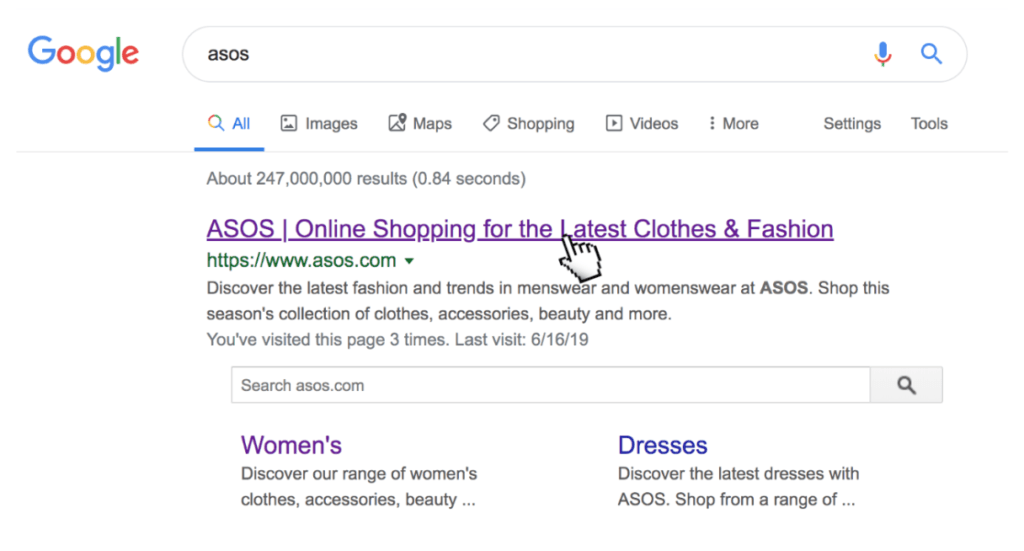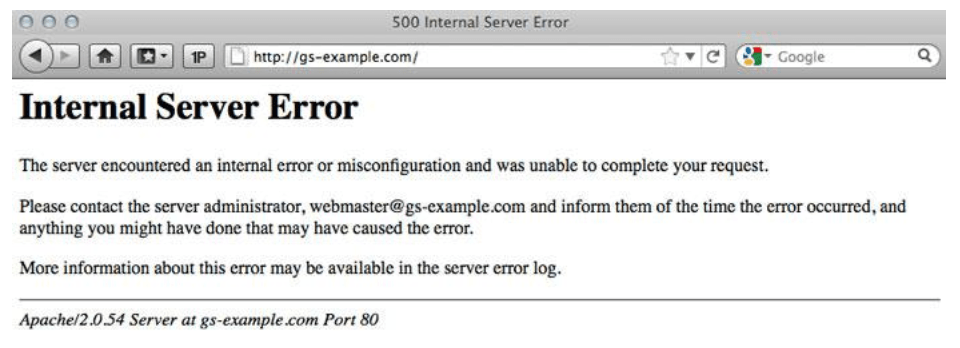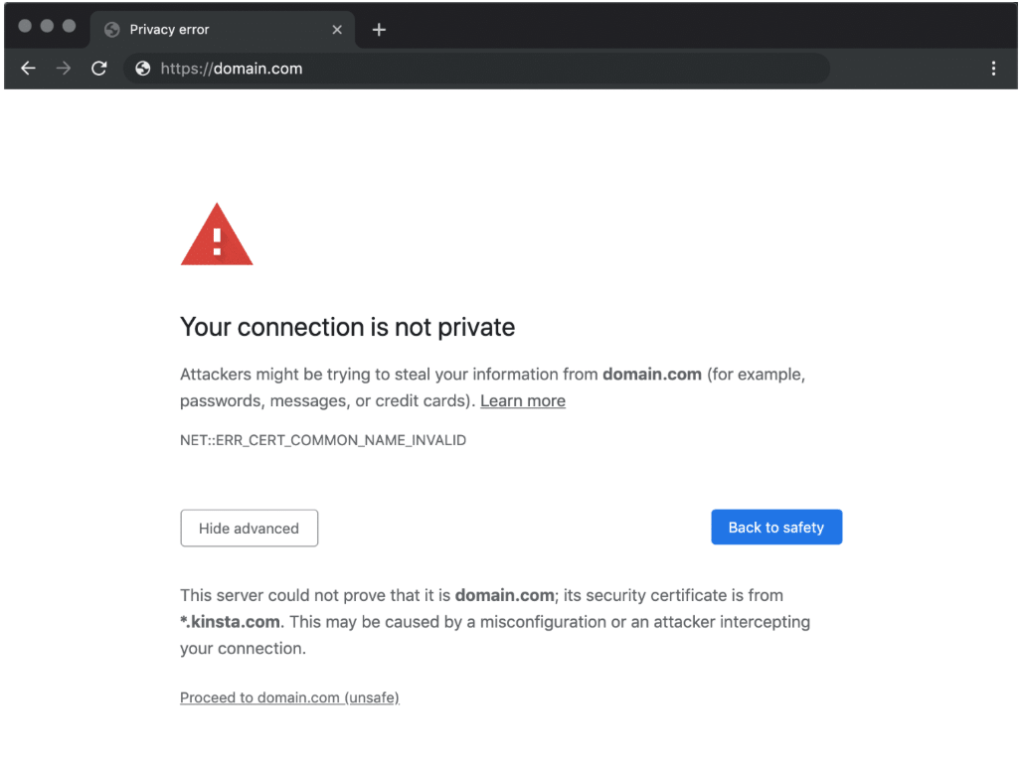The hefty data requirements and security measures demanded by webshops present a formidable challenge for most providers. The average retail site in the US now holds 2.1MB of data per page and takes almost 10 seconds to load. These are some of the worst web performance statistics of any industry.
Yet, for most online business owners, website basics like choosing a web hosting provider typically take a back seat behind more pressing concerns like content marketing and conversion funnels.
But whether your chosen hosting service is good or bad underpins your online success. A website’s availability, usability, credibility and conversions depend on its web host. According to Bing, even a two-second delay in page loading reduces revenue by 4.3% and clicks by 3.75%. And a slowdown in page response from two to eight seconds leads to a 33% increase in page abandonment.
So, no pressure, but it’s quite a big deal!
In this article, I’ll outline four of my top web hosting hacks to help online store managers keep their websites up to speed.
Know your bandwidth and disc space needs
It’s impossible to get the right hosting plan if you don’t know your basic requirements.
Most hosts charge based on bandwidth and disc space. As an online shop owner, your data requirements are through the metaphorical roof thanks to all of those high-quality images.
How much bandwidth you need depends on how many bytes (units of data) your site has to serve in any given amount of time. It changes depending on how many people want to access your site at once (your traffic) and how much data each of those users requires (how much data is on the page they want to access).
Our tip?
Estimate your usage requirements and overcompensate for your needs, especially if your business is new.
You should always add 20-30% leeway to your top bandwidth and disc space estimates to guard against variable demand. For example, if you hit the content marketing jackpot and your products go viral.
Make sure your host supports dynamic websites
Most webshops are dynamic and the type of code used to create a dynamic site is different from that used to create a static one.
A static website is one where all of the information on your site appears the same to all users. On a dynamic site, the information a page displays changes depending on who is viewing it and what they want it to do.
For example, my Netflix Home page is not the same as yours (unless we have freakishly similar viewing habits) and, your ‘suggested products’ won’t be the same as mine on Amazon or ASOS.
These examples all rely on dynamic server requests.
Our tip?
A dynamic site might use coding languages that are not supported by most web hosts. If your site was built with PHP, Python or Ruby on Rails, you’ll need to find a specialist provider. Avoid non-specialist hosts who just happen to tag on a service for these scripts because, if something goes wrong, they might not have the expertise to quickly fix it.
Avoid shared hosting
Shared hosting can be perfect for small businesses with static sites or low traffic and it’s what almost all free web hosts offer. But for most other businesses, VPS, Dedicated or Cloud-based options are more flexible and stable, and therefore better.
To choose the right server for your business, you need to understand what a web host does.
Your website is made up of data and that data has to be stored somewhere so that when a user requests to see it (follows a link), it can be served to their computer via the internet.
The most efficient way to store a website’s data is altogether on a single server (like a giant hard drive) along with other websites. This is what shared-servers do. The downside is that your website’s data is always jostling for space among its server buddies. If another site on your server is particularly greedy (has very high traffic or serves a lot of data), your bandwidth availability will be reduced.
This isn’t ideal for webshops because it can slow down or even stop the exchange of data altogether, leaving your users with slow loading pages or error messages.
With 70% of consumers admitting that page speed affects their willingness to buy from a store, this could have a significant impact on your conversions.
Our tip?
A still-cheap alternative to shared hosting is VPS (virtual private server). If you can afford a more expensive plan, then dedicated or cloud-based hosting services are best.
Ask about security
Online stores handle a lot of sensitive data. So, security is, understandably, a top concern for their managers.
While all web hosts say they’re secure, there are important differences between hosting providers. For example, most free hosting services only offer SSL certificates as an additional, often paid, extra.
You absolutely need one if you want your store to rank highly in search results or handle sensitive information. The March 2019 Google update cracked down on insecure websites by blocking access to sites without SSLs with their ‘Back to safety’ warning.
But, beyond SSL’s, you should consider how robust your web host’s backup systems are in case the worst happens, e.g. a catastrophic hardware failure (because of vandalism, natural disaster, etc.) or a major security breach leads to mass data loss. Losing your customer’s sensitive data can do unending damage to your reputation.
Our tip?
Use a web host provider that specifically markets to online stores because these generally offer the security you need.
The takeaway…
While choosing the right web host doesn’t seem like the most important task, it can make or break an online business. To stay competitive and keep your customers happy, you should:
- Find out how much bandwidth and disc space your business actually needs
- Check your website’s code is compatible
- Use the best server type you can afford
- And turn to an eCommerce specialist provider
Featured image credit: Pixabay.com
Jodie is a Conversion Copywriter, Content Strategist and Optimisation Specialist working with bold B2B SaaS and marketing brands. Before founding This Copy Sticks, she’s spent a decade selling the toughest value proposition around and raised £2 million for charities before her 25th birthday. After 10 years convincing the public to embrace their inner altruist, Jodie now puts her words to work helping tech-mad trailblazers grow their businesses.


